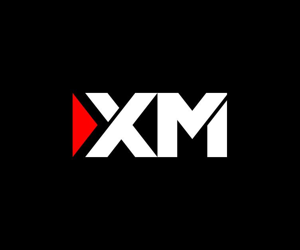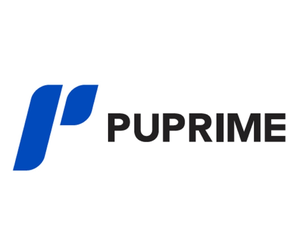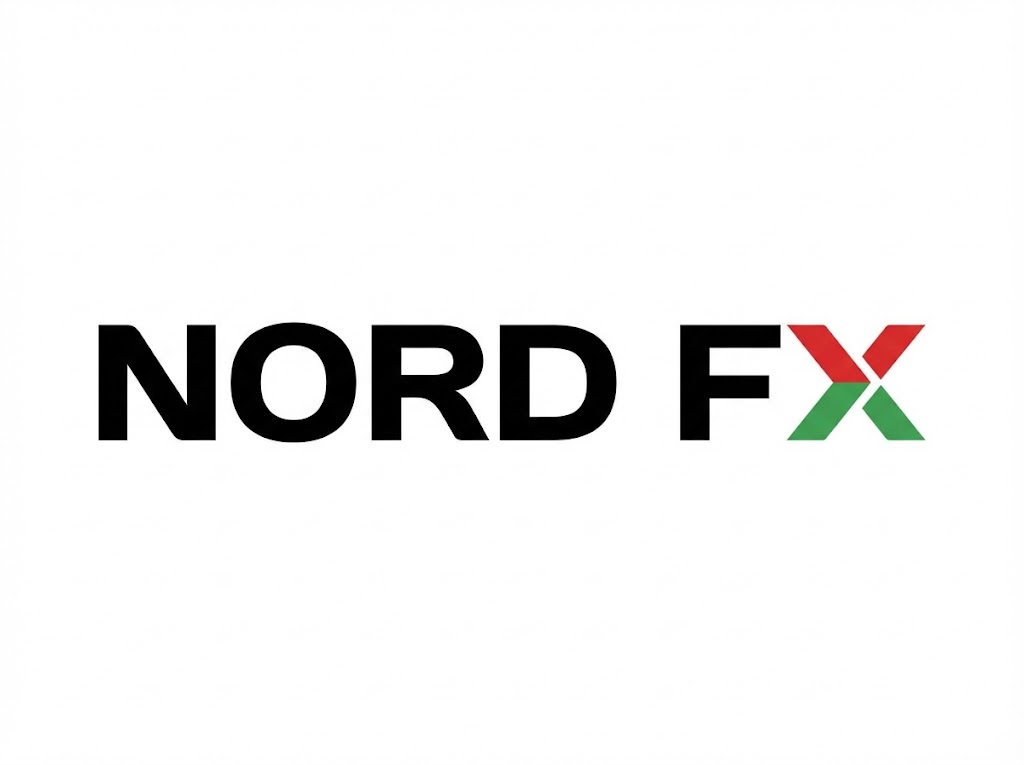Choosing a financial broker can feel overwhelming. The online trading world is crowded with firms making bold promises about technology, fees, and market access. In this competitive landscape, it is easy to lose sight of what truly matters: trust and safety. Today, we examine TradingPro, a global broker that has steadily grown its presence since 2016. It has attracted traders with its competitive pricing and robust platform options, but how does it hold up under close scrutiny?
This review cuts through the marketing noise. We will analyze TradingPro’s regulatory foundation, a critical factor for protecting your money. Furthermore, we will explore its reputation among traders and its operational track record. Using the TraderVerified.com methodology, we systematically assess whether this broker is a dependable partner for your trading journey. By the end of this article, you will understand its core strengths, its notable weaknesses, and our final classification. Our analysis places TradingPro in the Silver Standard category, signifying a competent broker with clear strengths in its trading environment, though with a different regulatory profile than top-tier firms.
Regulation & Safety: A Focus on Mid-Shore Oversight
A broker’s regulator is your first line of defense. Consequently, it is the most important factor we consider. Strong oversight ensures the broker follows strict rules designed to protect clients. These rules often include keeping client money in separate bank accounts, offering fair trading conditions, and providing a path for resolving disputes.
TradingPro operates through two primary legal entities, each licensed by a different regulator. This means a client’s level of protection depends on the jurisdiction under which they are registered.
TradingPro is regulated by the following authorities:
- Financial Sector Conduct Authority (FSCA) of South Africa: The entity TradingPRO International (PTY) LTD is authorized by the FSCA under FSP No. 49624. We classify the FSCA as a Tier 2 regulator. It is a well-regarded authority that enforces strict client money rules and codes of conduct, ensuring firms treat customers fairly.
- Financial Services Commission (FSC) of Mauritius: The entity TradingPRO International Limited holds an Investment Dealer license (No. GB23202513) from the FSC. The FSC is another established Tier 2 regulator that requires licensees to meet capital adequacy and compliance standards.
It is vital to understand what this regulatory structure means for you. Unlike Tier 1 regulators in Europe or Australia, Tier 2 regulators do not typically enforce blanket rules like strict leverage caps or mandatory investor compensation funds by law. Protections such as negative balance protection—which prevents you from losing more than your deposited funds—are often offered based on the broker’s own policy rather than as a legal requirement. TradingPro’s website does not prominently state its policy on this matter.
In summary, TradingPro is a genuinely regulated broker, not an offshore entity operating without oversight. Its licenses in South Africa and Mauritius provide a meaningful layer of security and ensure it adheres to international standards for financial conduct. However, the protections are not as extensive as those found in top-tier jurisdictions. Traders must be aware that they are placing greater reliance on the broker’s operational history and internal policies for their financial safety.
Trader Reputation & Market Presence
Operating since 2016, TradingPro has established its place in the market over nearly a decade. This history provides sufficient data to assess its performance and client satisfaction. After analyzing user reviews across various platforms and monitoring public records, a balanced picture of its reputation emerges.
On the positive side, traders consistently praise TradingPro for its core trading environment. The broker is widely recognized for its competitive pricing, especially on accounts that offer tight spreads. Another frequently cited strength is its diverse platform selection, which includes MetaTrader 4, MetaTrader 5, and cTrader. The availability of cTrader, an advanced platform favored by some experienced traders, is a notable advantage. This flexibility allows traders to choose an interface that best suits their strategy and comfort level.
However, the feedback is not universally positive. A recurring theme in client complaints, visible on sites like Trustpilot, involves withdrawal processing times. While many users report smooth transactions, a minority describe delays. Similarly, customer service quality appears to be inconsistent. Some traders report helpful and prompt support, while others express frustration with response times. This mixed feedback is common among brokers of its size.
From a regulatory standpoint, TradingPro maintains a clean record. We found no major disciplinary actions from its regulators. Overall, TradingPro has built a reputation as a legitimate broker with a strong technical offering. Nevertheless, its operational processes, especially in payments and support, have room for improvement.
Strengths & Weaknesses
To make an informed decision, it helps to see a broker’s features laid out clearly. Here is a summary of where TradingPro excels and where it falls short.
Strengths:
- Genuine Multi-Jurisdiction Regulation: Licenses from the FSCA (South Africa) and FSC (Mauritius) confirm that TradingPro operates under credible regulatory oversight, ensuring compliance with client money and conduct rules.
- Competitive Trading Costs: The broker’s pricing structure is one of its main attractions. Low spreads on key instruments make it a cost-effective choice for frequent traders.
- Excellent Platform Diversity: Offering MT4, MT5, and cTrader is a significant advantage. This provides traders with a superb range of choices, from the industry-standard MetaTrader to the sophisticated cTrader.
- Wide Range of Tradable Instruments: With a broad selection of forex pairs, indices, commodities, and other CFDs, the broker provides ample opportunities for portfolio diversification.
Weaknesses:
- Lacks Top-Tier Regulation: While its Tier 2 regulation is sound, TradingPro does not hold a license from a Tier 1 authority like the FCA (UK) or ASIC (Australia). This means clients do not benefit from the strictest statutory protections, such as mandatory compensation schemes.
- Inconsistent Customer Support: Feedback suggests that while support is available, the quality and response times can vary, which may be a concern for traders needing immediate help.
- Clarity on Client Protections: The broker’s website could be clearer about its specific policies on key protections like negative balance protection, leaving traders to inquire directly for this important information.
Overall Verdict: A Silver Standard Broker for the Tech-Savvy Trader
After a thorough review, TraderVerified.com awards TradingPro a Silver Standard classification. The broker’s strengths are clear: its trading technology is excellent, its costs are competitive, and it operates under a legitimate, multi-jurisdictional regulatory framework. These factors make it a strong and viable choice for many traders.
It secures a Silver rating based on its solid operational foundation and positive client feedback on its core trading services. However, it does not achieve a Gold rating because its regulatory oversight, while credible, is not at the highest tier. The absence of a Tier 1 license means that traders do not have the same level of statutory protection found with brokers regulated in the UK, EU, or Australia.
TradingPro is best suited for cost-conscious, intermediate traders who value platform choice and are comfortable with a Tier 2 regulatory environment. These traders can fully leverage the broker’s excellent technical offerings. While suitable for beginners, new traders should be aware of the differences in regulatory protection and proactively seek clarity on the broker’s safety policies before committing funds.
Expert Review Notes (Staff Insight Section)
- Understanding Tier 2 Protections is Key: It is important not to confuse Tier 2 regulation with being unregulated. The FSCA and FSC are serious authorities. However, their frameworks are built more on principles of conduct than on prescribing strict rules like leverage caps. This gives traders more freedom but also places more responsibility on them to manage their risk.
- Execution Model Inspires Confidence: The broker’s emphasis on providing a low-cost trading environment with competitive spreads suggests a focus on quality execution. This architecture, often paired with platforms like cTrader, aligns with best practices for a fair trading environment.
- Marketing vs. Reality: The broker’s website markets its low fees and advanced platforms heavily. Our analysis confirms these claims are largely accurate. However, the operational side—customer support and payment processing—does not always match the high-tech image, as reflected in mixed user reviews.








